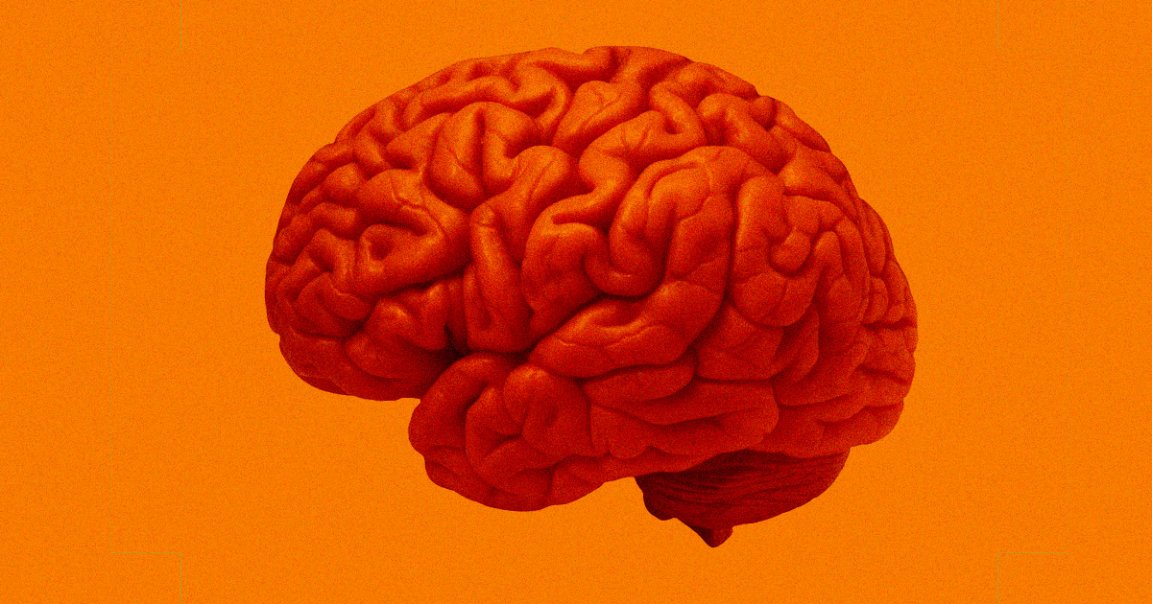
Scientists have tested a special vaccine intended to help the body fight brain cancers for the first time in humans.
As detailed in a new paper published by the journal Nature, the team of researchers from the German Cancer Research Center (DFKZ) have created an early version of a vaccination that could trigger an immune response inside brain tumor tissues.
Some usually incurable train tumors, called diffuse gliomas, can spread throughout the brain, making them near impossible to remove. They also often don’t respond effectively to chemo- and radiotherapy.
But they may have one weakness: a unique gene mutation. An error in the DNA causes a special protein to be exchanged in the IDH1 enzyme, a protein structure known as a neo-epitope. The immune system is capable of recognizing this protein as foreign, and it also doesn’t occur in healthy tissue, making it the perfect target for treatment.
“Our idea was to support patients’ immune system and to use a vaccine as a targeted way of alerting it to the tumor-specific neo-epitope,” said study director Michael Platten, from the DFKZ, in a statement.
The new research builds on previous efforts to create an artificial version of the IDH1 segment responsible for the mutation. In 2019, the version was able to halt growth of IDH 1-mutated cancer cells in mice.
Now, the same team is hoping the same treatment will work as part of their first phase 1 human clinical trials, involving 33 patients across Germany.
Fortunately, no side effects were recorded in the patients they vaccinated. Some 93 percent of patients showed a response to the vaccines, and 84 percent of fully vaccinated patients survived past the three years after treatment.
“We were also able to demonstrate that the activated mutation-specific immune cells had invaded the brain tumor tissue,” said Theresa Bunse, also from the DKFZ.
While the vaccine appears to have worked fairly well, it’s still impossible to tell just how well.
“We cannot draw any further conclusions about the vaccine efficacy from this early study without a control group,” Platten said. “The safety and immunogenicity of the vaccine were so convincing that we continued to pursue the vaccine concept in a further phase I study.”
In the next trial, the team is planning to combine the existing IDH1 vaccine with a treatment called “checkpoint inhibitor immunotherapy.” In simple terms, immune checkpoints activate when proteins bind to tumor cells and ensure that healthy cells aren’t destroyed along with cancer cells.